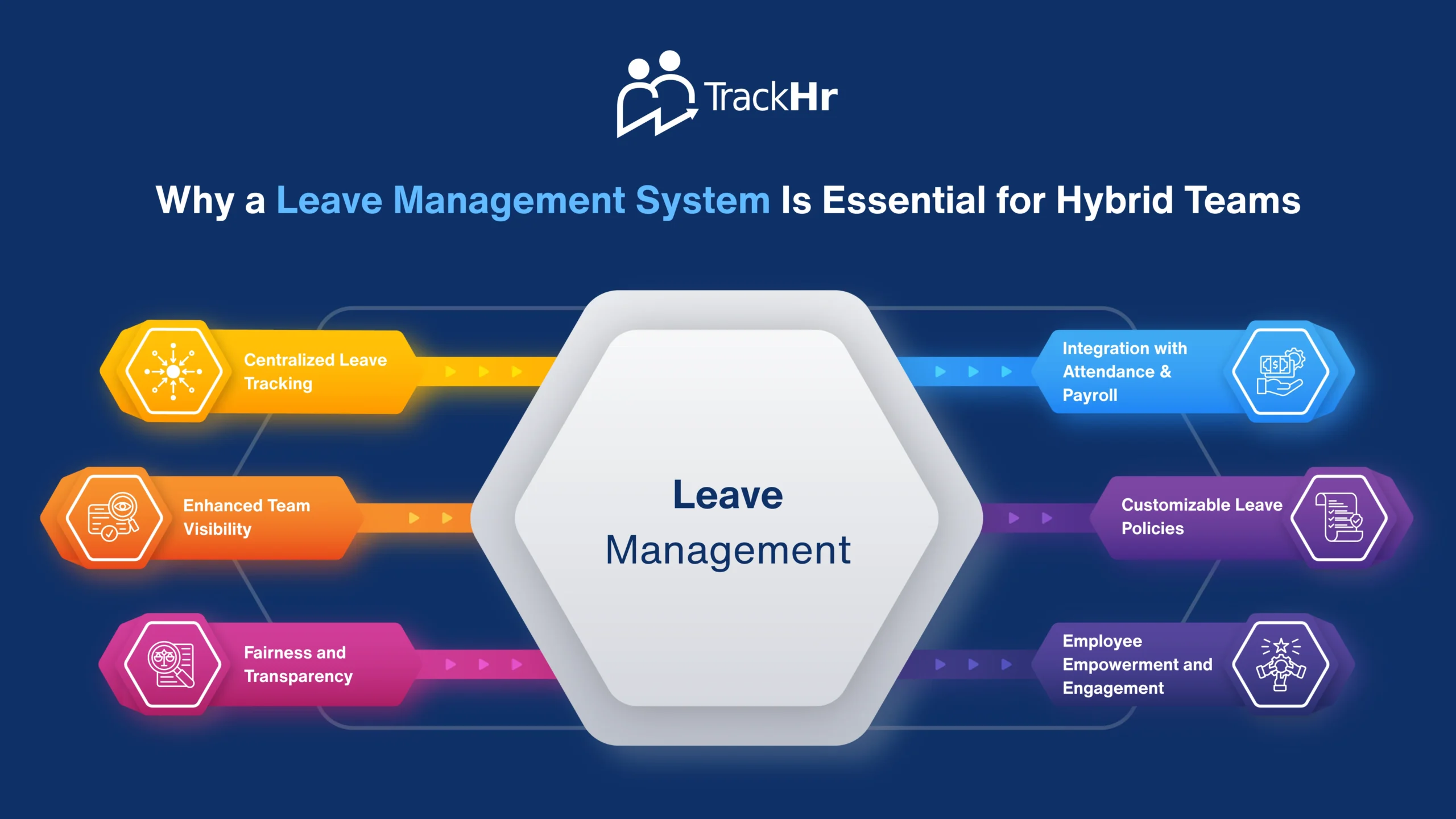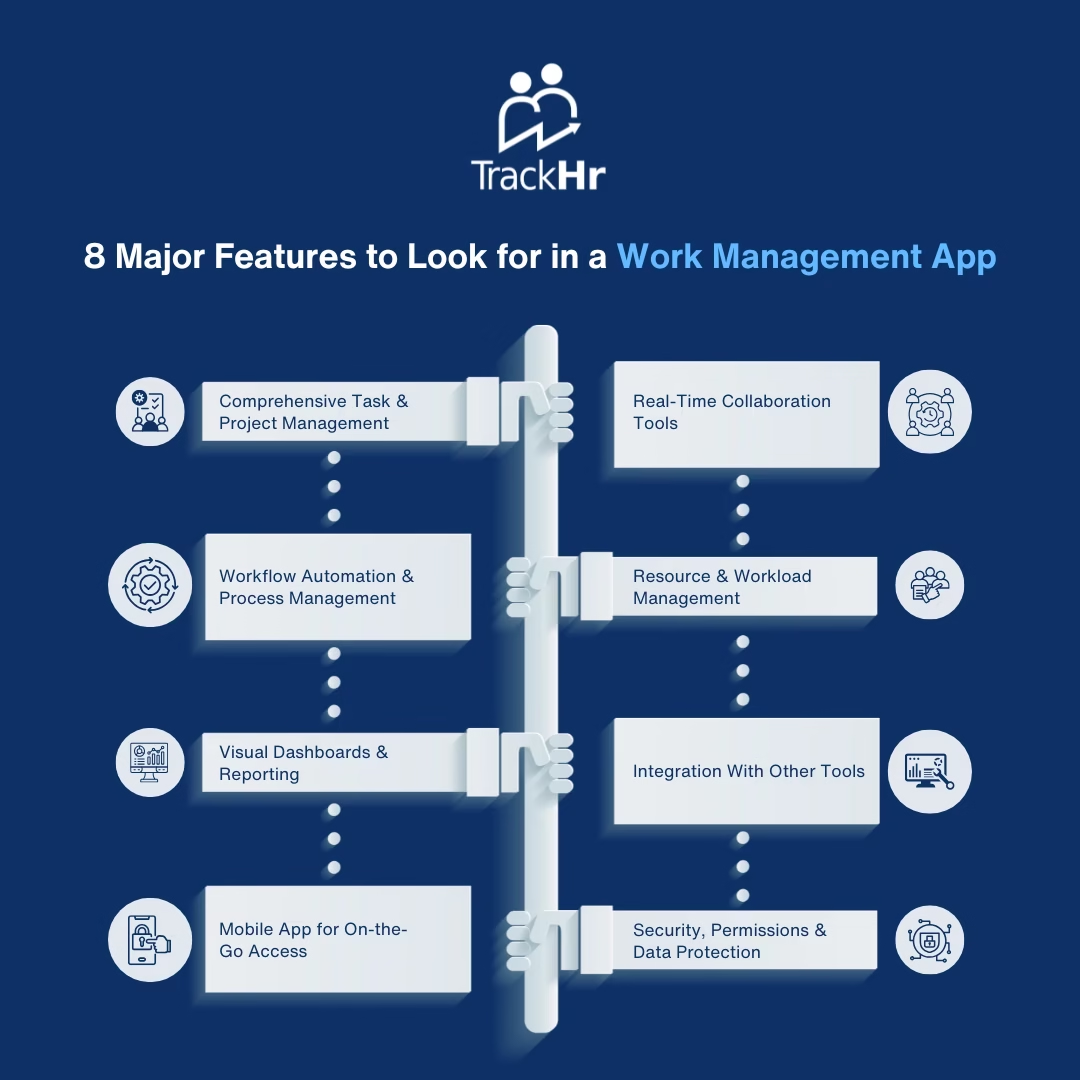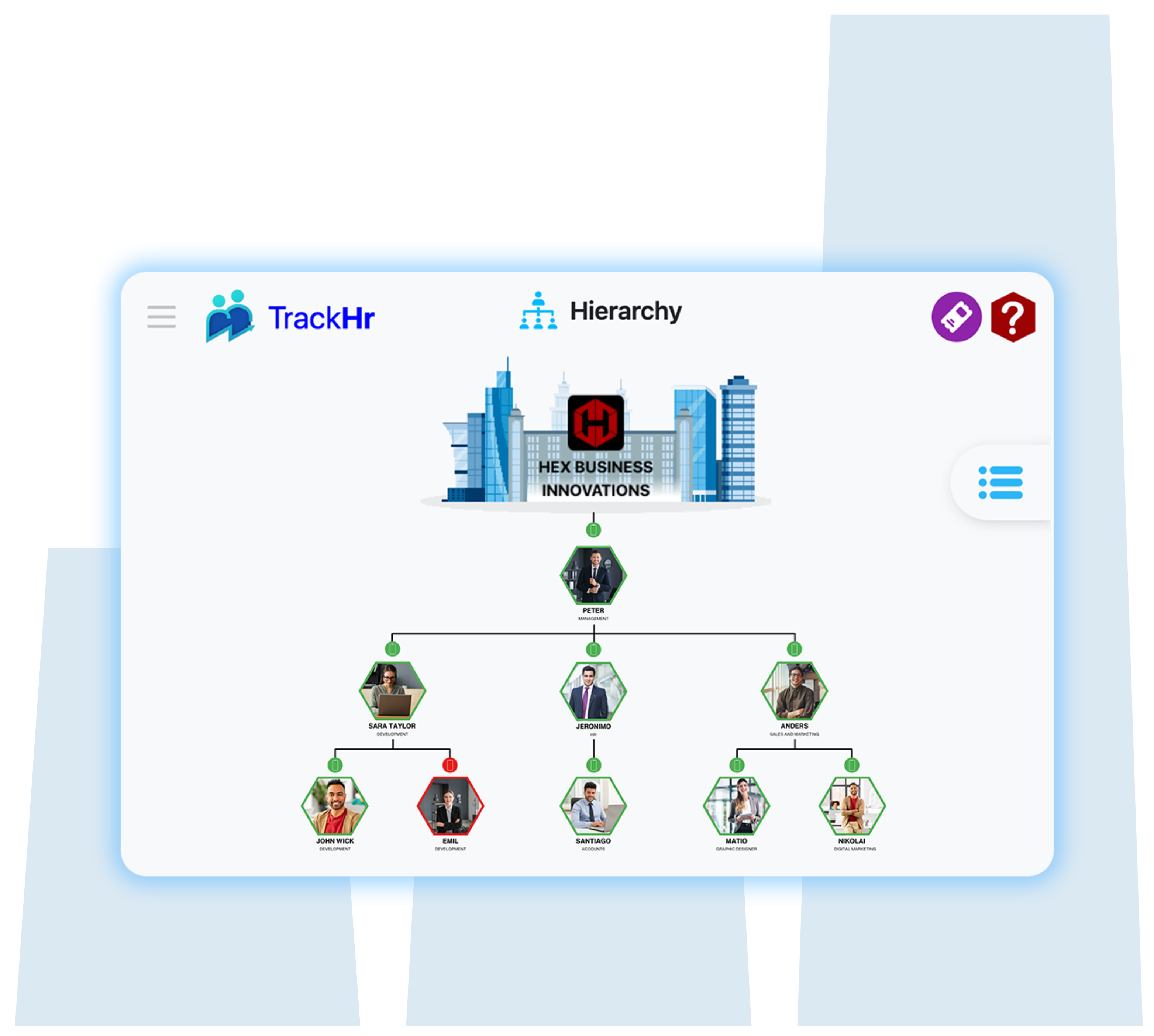Blog
Why a Leave Management System Is Essential for Hybrid Teams
- August 8, 2025
- 9:30 am

Since the hybrid work model has been adopted in most companies, it has become complicated to handle employee leave. Teams with some members working at home and some in the office cannot do without a strong leave management system anymore; it is a necessity. It creates fairness, transparency, and ease of operations with regard to the flow of work, irrespective of the location of your employees.
1. Centralized Leave Tracking
The leave management system offers a centralized facility that enables all employees to make their leave requests, approve them, and even track their status–regardless of their physical location. It involves no more use of spreadsheets and manual procedures, where the data is stored in real-time.
2. Enhanced Team Visibility
When the setup is hybrid, it is all too simple to lose track of who is working and who is off. A leave management software allows everybody to know where they are, address the overlap and scheduling issues. Availability in advance enables managers to plan the workload of the teams more accurately.
3. Fairness and Transparency
A digital leave management system will prevent inconsistencies where a leave request is not logged and/or processed. This eradicates nepotism and delivers a certain audit trail that assists the HR departments to stay fair and compliant.
4. Integration with Attendance and Payroll
Contemporary leave programs can be updated with attendance and payroll systems that reduce their errors and bureaucracy. Granted, leaves are automatically considered in the calculation of the payroll, thus time is saved and accuracy is improved.
5. Customizable Leave Policies
Each company possesses its own policies. Customization is available in a leave management system to suit the local rules, holidays and local labor laws, which are critical in teams that work across geographic locations and time zones.
6. Employee Empowerment and Engagement
Leaving the employees with the freedom of action with respect to leave requests raises their morale. They will be able to ensure their leave balances, leave requests, and leave approvals instead of chasing HR. Such independence increases participation and responsibility.
Conclusion
In the case of hybrid teams, time off can be a hindering issue to productivity, unless addressed in an adequate way. A contemporary leave management system will prevent misunderstandings, allow the company to remain compliant, and enable employees and their managers to keep track of the team schedules.
Exhausted from managing performance management manually?






